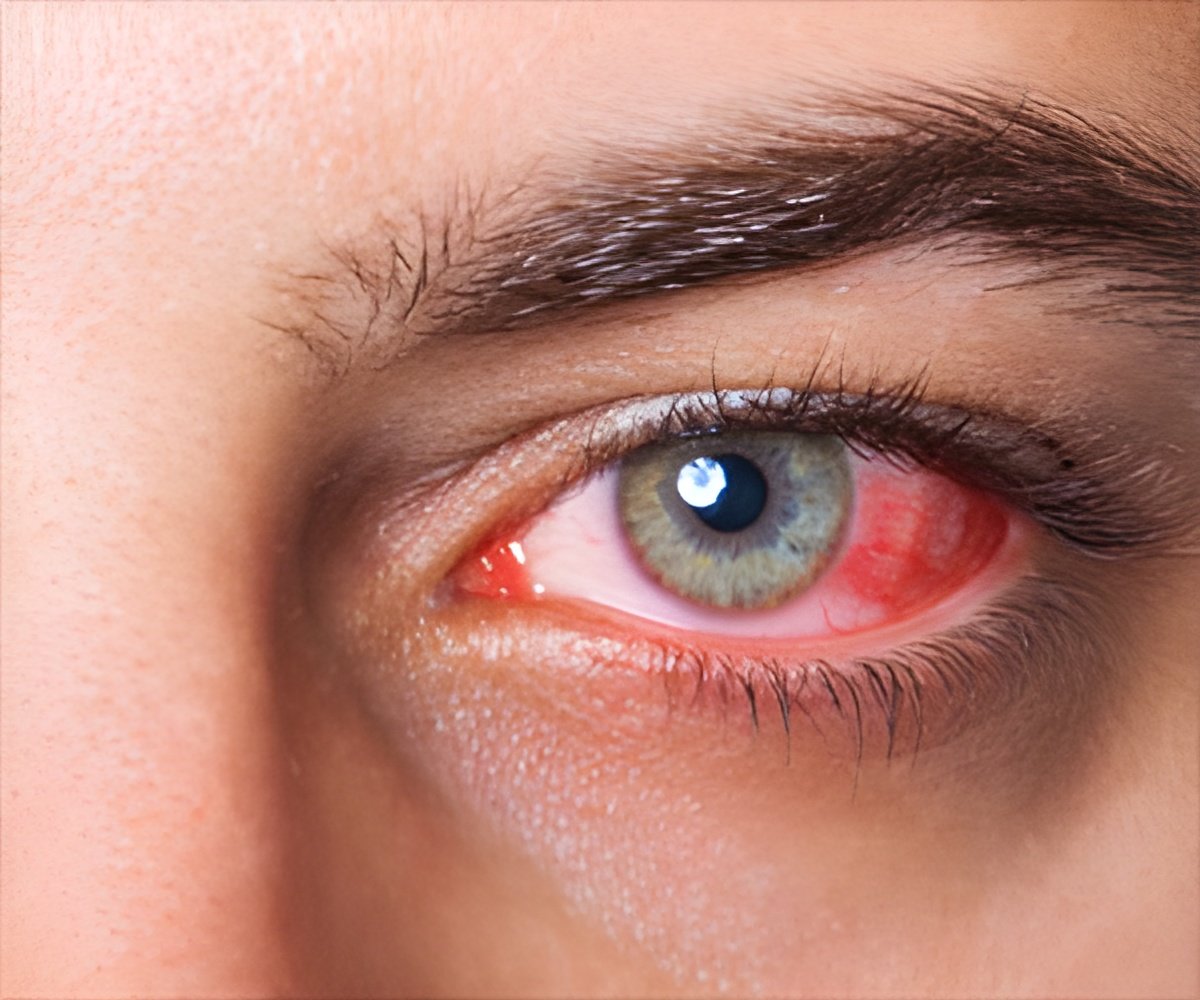
Research investigating childhood maltreatment in Australia has uncovered a startling revelation: it contributes to a significant burden on Australians, potentially leading to up to 40 percent of prevalent, enduring mental health issues. The study focused on mental health conditions such as anxiety, depression, harmful substance use, self-harm, and suicide attempts. Childhood maltreatment encompasses physical, sexual, and emotional abuse, as well as emotional or physical neglect experienced before reaching the age of 18 (1✔ ✔Trusted Source
Burden of Mental Disorders and Suicide Attributable to Childhood Maltreatment
).
The analysis, published in JAMA Psychiatry is the first study to provide estimates of the proportion of mental health conditions in Australia that arise from childhood maltreatment.
The researchers said the results are a wakeup call for childhood abuse and neglect to be treated as a national public health priority.
“The results are devasting and are an urgent call to invest in prevention – not just giving individual support to children and families, but wider policies to reduce stress experienced by families,” said Dr Lucinda Grummitt, from the University of Sydney’s Matilda Centre, who led the study.
“Investments to address childhood maltreatment have the potential to avert millions of cases of mental disorders in Australia.”
The analysis also found that if childhood maltreatment was eradicated in Australia, more than 1.8 million cases of depression, anxiety and substance use disorders could be prevented.
Impact of Childhood Maltreatment on Years of Healthy Life Lost in Australia
The study also found elimination of childhood maltreatment in Australia would, in 2023, have prevented 66,143 years of life lost (death) and 118,493 years lived with disability, totaling 184,636 years of healthy life lost through mental health conditions.
Advertisement
Researchers examined data that included national surveys provided by the Australian Child Maltreatment Study in 2023 (8500 participants), the Australian National Study of Mental Health and Wellbeing 2020-2022 (15,893 participants) and the Australian Burden of Disease study 2023.
The study made use of analytical methods to investigate the link between child maltreatment and mental health, which isolated other influential factors such as genetics or social environments. This provides stronger evidence that childhood maltreatment causes some mental health conditions.
Advertisement
Mental health conditions are currently the leading cause of disease burden globally and affect 13 percent of the global population. In Australia,
Previous research (independent to the University of Sydney study) found over half (53.8 percent) of Australians experienced maltreatment during their childhood.
Dr Grummitt said there are effective interventions, such as programs to support children experiencing maltreatment or parent education programs, but the most sustainable solution to prevent child maltreatment is policy-driven prevention.
“Policies to alleviate stress experienced by families, such as paid parental leave, affordable childcare, income support like Jobseeker, and making sure parents have access to treatment and support for their own mental health could make a world of difference for Australian children.
“Addressing the societal and economic conditions that give rise to child maltreatment can play a large part in preventing mental disorders at a national level,” Dr Grummitt said.
The researchers cite an example in the United States where the introduction of state paid parental leave policies and timely access to subsidised childcare were strongly linked to reduced rates of child maltreatment.
Reference:
- Burden of Mental Disorders and Suicide Attributable to Childhood Maltreatment – (https://jamanetwork.com/journals/jamapsychiatry/article-abstract/2818229)
Source-Eurekalert



